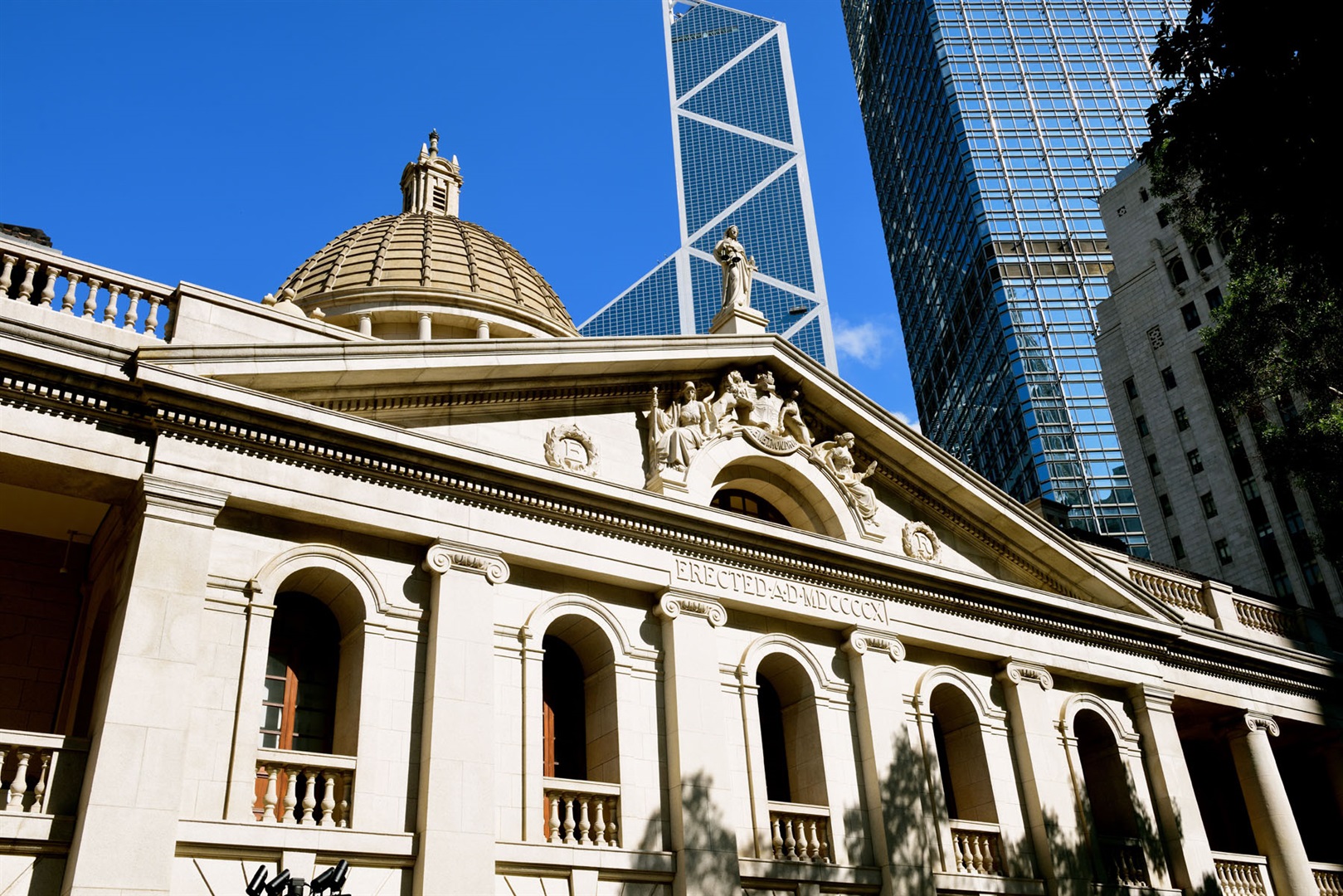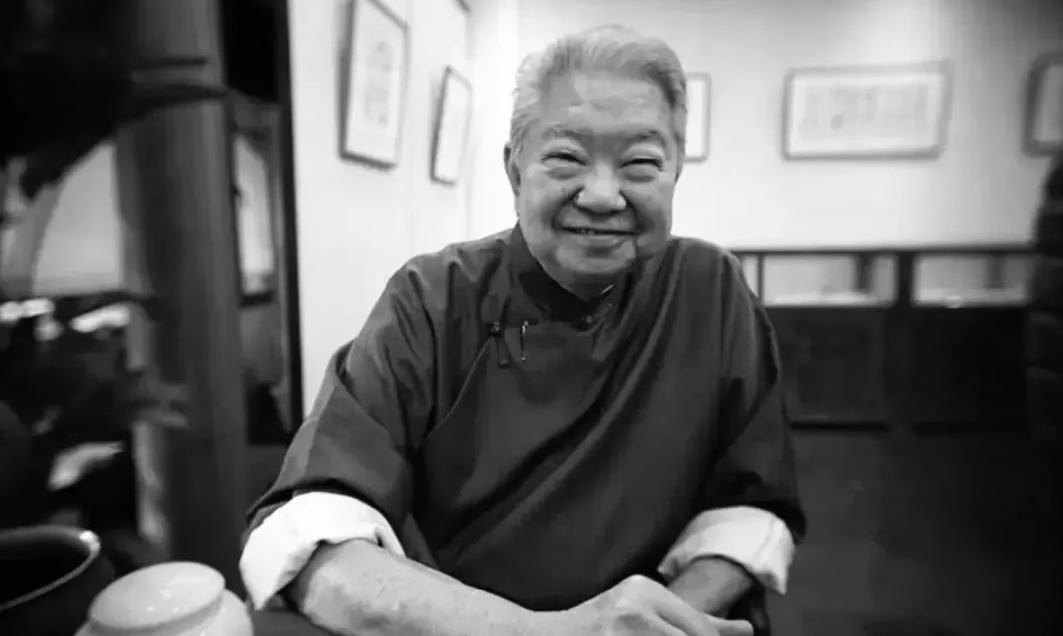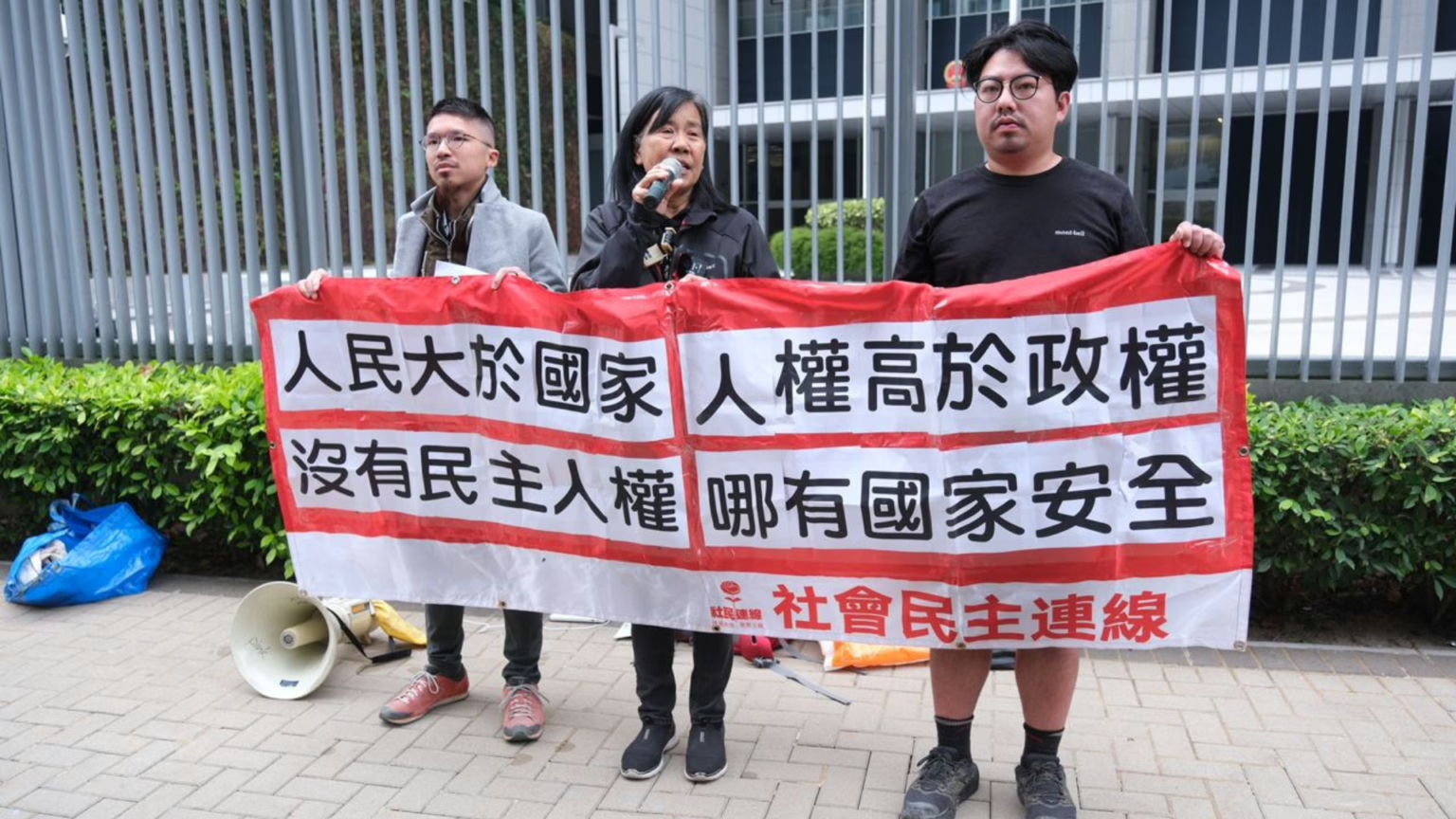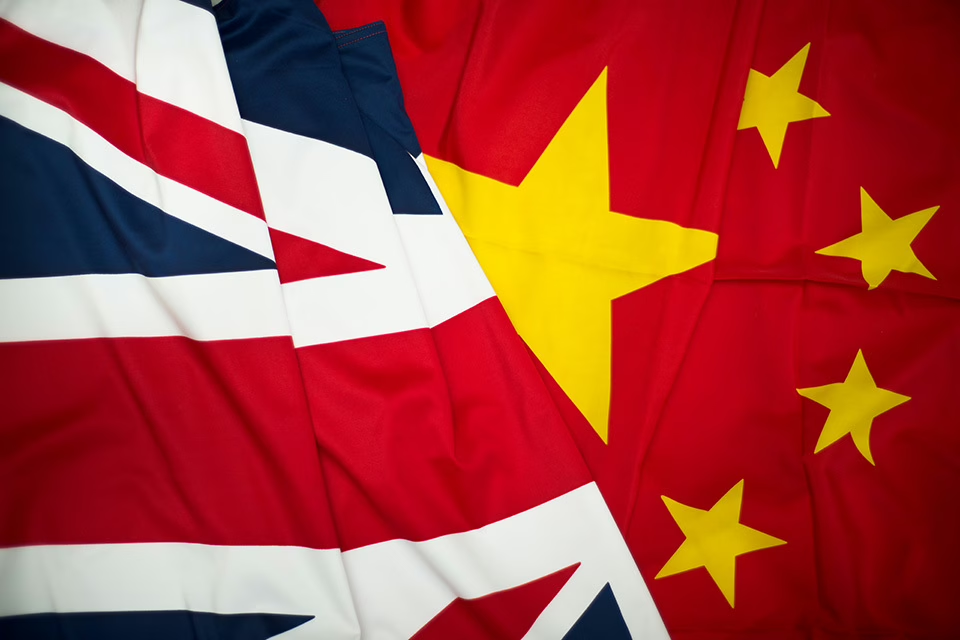On June 30, 2020, the Hong Kong National Security Law (NSL) slithered into existence, promising to swaddle the city in stability while quietly strangling its soul. Five years on, Hong Kong has been tarted up—or torn down, depending on who’s holding the obituary. With a stiff upper lip and a touch of British black humour, let’s take a butcher’s at what’s become of this once-sparkling Pearl of the Orient, now more a pawn in Beijing’s chess game. Spoiler: it’s less Great British Bake Off and more Great British Break-Off. Buckle up for a 3,000-word dirge, laced with the sardonic wit of a Monty Python sketch gone rogue.
I. Political Scene: From Fireworks to a Frightful Silence
The NSL was sold as a magic wand to banish chaos, targeting secession, subversion, terrorism, and foreign collusion. Instead, it’s waved away Hong Kong’s political vibrancy like a grumpy headmaster clearing a playground. The Guardian called it “a guillotine for dissent,” and they’re not wrong—it’s been a proper bloodbath for free speech.
1. Protests? What Protests?
In 2019, Hong Kong was a riotous carnival of umbrellas and Molotovs, with millions marching against an extradition bill. Post-NSL, the streets are quieter than a British village on a rainy Sunday. Over 200 arrests have been made, per the Times, with students, MPs, and activists nabbed for crimes as vague as “seditious chanting.” The annual Tiananmen vigil? Cancelled. The Hong Kong Alliance? Disbanded faster than a boy band after a scandal. As the Atlantic quipped, “Hong Kong’s protest spirit has been stuffed into a coffin and nailed shut.” Jolly good show, stability!
2. Elections, or a Rigged Pantomime?
In 2021, Beijing rolled out its “patriots only” election overhaul, ensuring candidates are vetted for loyalty. The result? A legislature so uniform it makes a North Korean choir look diverse. The Financial Times dubbed it “democracy’s funeral,” with voter turnout in the 2021 LegCo election plummeting to a pathetic 30.2%. Freedom House slashed Hong Kong’s political freedom score from 55 to 25 by 2024, lamenting its slide into “authoritarian cosplay.” It’s like a rigged Strictly Come Dancing where only one bloke gets to waltz.
3. Justice? More Like Just-Us
The NSL lets Beijing cherry-pick judges and ship cases to the mainland, raising eyebrows higher than a Brit spotting a sunny day in February. The Wall Street Journal reported judges resigning en masse, while the International Bar Association warned Hong Kong’s rule of law is “on life support.” Tycoon Jimmy Lai and other Apple Daily chaps are rotting in jail for “seditious” journalism. The UK Foreign Office’s 2024 report sneered that the NSL is “a political sledgehammer,” smashing “one country, two systems” to bits. Fair play, at least the courts are consistent—like a Kafka novel.
II. Economy: From Glitz to Gloom
The NSL was meant to be Hong Kong’s economic saviour, but it’s more like a dodgy estate agent flogging a crumbling flat. The city’s financial sheen is fading faster than a cheap suit in a downpour.
1. Financial Hub? More Like Financial Flub
Hong Kong’s stock market is still a big player, but cracks are showing. Bloomberg noted a 20% drop in foreign direct investment since 2019, with firms like HSBC eyeing Singapore’s greener pastures. Morgan Stanley’s 2024 report warned that investors are spooked by “legal uncertainty,” and the Economist sighed that Hong Kong’s role as a global bridge is “collapsing under Beijing’s boot.” Sure, mainland firms prop up 81% of the market, but it’s like putting lipstick on a pig—still a pig.
2. Brain Drain and a Great Escape
Half a million Hongkongers have scarpered since 2020, per the Times, thanks to the UK’s BNO visa lifeline. Doctors, teachers, and techies are jumping ship, leaving hospitals and schools gasping. The Hospital Authority reported a 15% doctor attrition rate in 2024. Foreign Policy scoffed that Hong Kong’s “talent import” schemes are like “replacing champagne with flat lager.” The South China Morning Post—Beijing’s cheerleader—admitted the brain drain is a “ticking time bomb.” Cheerio, expertise!
3. Tech Dreams in a Data Dystopia
Hong Kong’s bid to become a tech hub is stumbling. Wired reported that Google and Microsoft are dodging the city over NSL’s surveillance powers, with Privacy International calling it “a data black hole.” Beijing’s Greater Bay Area plan sounds grand, but the New York Times sneered it’s “more propaganda than progress.” Tech firms prefer Singapore, where they’re less likely to have their servers snooped on. Innovate? More like suffocate.
III. Social Vibes: Fear, Loathing, and a Spot of Silence
The NSL hasn’t just clipped Hong Kong’s political wings—it’s turned the social scene into a dystopian tea party where everyone’s too scared to spill the tea.
1. Schools as Propaganda Playgrounds
National security education is now mandatory, with kids drilled on patriotism like it’s a military boot camp. The New York Times called it “brainwashing 101,” with teachers sacked for stray comments. The Hong Kong Professional Teachers’ Union collapsed in 2022, and BBC noted international schools are ditching China-related lessons to appease jittery parents. Oxford’s Patricia Thornton warned this could “breed resentment, not loyalty.” It’s like forcing kids to love Brussels sprouts—good luck with that.
2. Press Freedom? Pressed Out
The NSL crushed Hong Kong’s media like a steamroller over a daisy. Apple Daily was shuttered in 2021, its editors jailed. Reporters Without Borders tanked Hong Kong’s press freedom ranking to 135th globally by 2024, worse than Russia. Hong Kong Free Press’s Tom Grundy told the Guardian that self-censorship is now “second nature.” Social media’s gone from fiery debates to cat videos, as the Washington Post noted: “Politics is a no-go zone.” Freedom of speech? More like freedom to nod.
3. Trust? What’s That?
The NSL’s snitch culture has shredded community bonds. Time reported citizens clamming up for fear of being grassed on, with HKU polls showing government trust at a measly 25% in 2024. Amnesty International moaned that Hong Kong’s become a “fear factory.” Neighbours eye each other like contestants on The Traitors. Community events? About as lively as a wake.
IV. Culture: Creativity in a Straightjacket
Hong Kong’s cultural mojo—once a dazzling East-West mash-up—is now gagged and bound by the NSL.
1. Films and Art: Censored to Death
The 2021 Film Censorship Ordinance bans anything “endangering national security,” killing off indie flicks and documentaries. The Los Angeles Times said local filmmakers are either fleeing or resorting to cryptic metaphors. Art exhibitions are scrapped over “sensitive” content, and libraries have purged “dodgy” books. ArtReview sighed that Hong Kong’s art scene is “choking on censorship.” It’s like telling Picasso to paint by numbers.
2. Public Spaces: Dull as Dishwater
Political slogans and graffiti are gone, replaced by patriotic banners. University democracy walls? Ripped down. Bookshops? Sanitised. National Geographic mourned that Hong Kong’s streets have lost their “rebellious pulse.” Chatting politics in a pub is riskier than ordering a warm pint. The city’s vibe is now as exciting as a tax return.
V. Global Standing: From Star to Pariah
Hong Kong’s international swagger has taken a battering, with the NSL turning it into Beijing’s geopolitical lapdog.
1. Sanctions and Snubs
The US, UK, and pals slapped sanctions on Hong Kong, stripping its special trade status. The US State Department’s 2024 report declared Hong Kong “fully Sinicised,” while the EU and Canada ditched extradition treaties. Reuters noted firms are bailing out, and global summits are skipping town for Singapore. It’s like Hong Kong’s been uninvited from the cool kids’ table.
2. Soft Power? Softly Vanished
Hong Kong’s allure as a cultural hub is kaput. Foreign Affairs said its global image is now “tied to Beijing’s leash.” International festivals and academic gigs have moved elsewhere, per the Times. As Time put it, Hong Kong’s influence has “plummeted like a lead balloon.” Once a global darling, now a geopolitical wallflower.
VI. What’s Next? A Flicker of Hope or More Doom?
Five years of the NSL have left Hong Kong a shadow of its former self. The New York Times’ Liao Yiwu called it “a surveillance state in disguise,” while Human Rights Watch begs the world to care. Spoiler: the world’s too busy. Hong Kong’s future hinges on:
- Winning Back Trust: Good luck convincing investors and expats when the rule of law’s on holiday.
- Mending Society: Fear’s a tough glue to unstick. Dialogue? About as likely as a sunny British summer.
- Reviving Culture: Creativity needs air, not a muzzle. Artists might have to get sneakier.
Epilogue: The Last Laugh?
The NSL’s fifth anniversary isn’t a celebration—it’s a wake. Hong Kong’s freedom, diversity, and global sparkle have been traded for a sterile sort of stability. As the Atlantic mused, “The city’s soul is gone, leaving a husk.” In true British fashion, we’ll raise a tepid cuppa to Hong Kong’s past and mutter, “Well, at least it’s not raining.” Yet.
Discover more from “Bridging Hongkongers. Reporting Truth.”
Subscribe to get the latest posts sent to your email.




